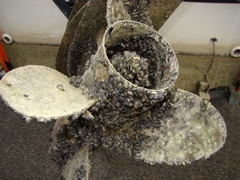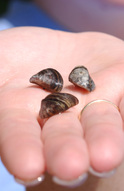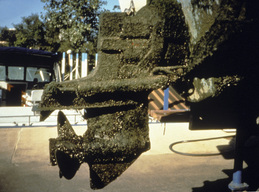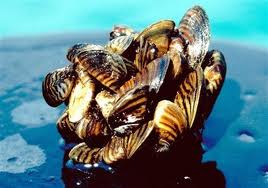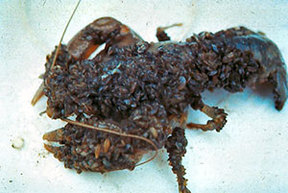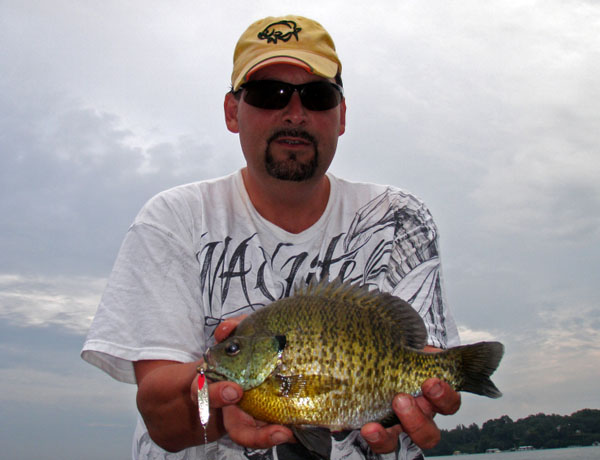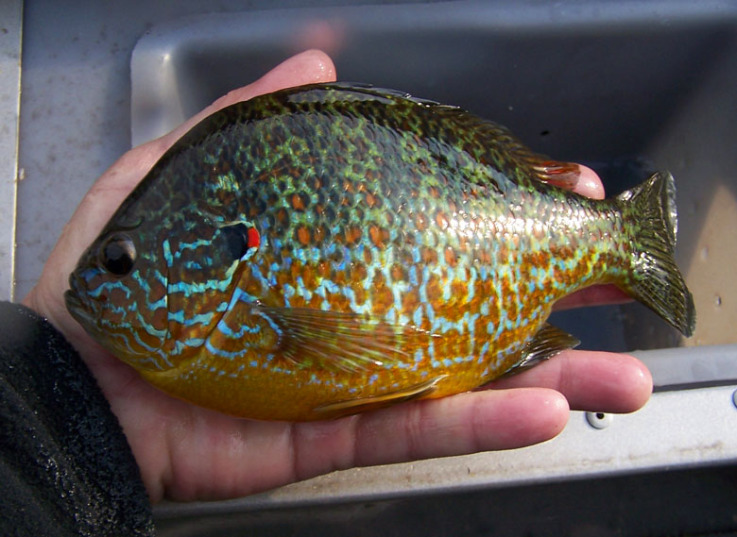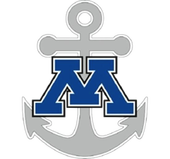|
More boat checks planned in fight against zebra mussels
Officials plan 30 percent more inspections and urge thorough boat-cleaning practices to try to slow the spread of ride-along invasive species on Lake Minnetonka. Lake Minnetonka boaters will feel new pressure this year to guard against spreading exotic water life following the recent discovery of zebra mussels in Prior Lake -- the first metro-area lake to be infested by the unwanted shell creatures. Officials plan a 30 percent increase in inspections of boats to look for ride-along aquatic life at public boat launches on Lake Minnetonka. The Lake Minnetonka Conservation District is expected to approve an extra $21,000 next week to pay for more inspections by the Department of Natural Resources. The DNR will use the money to hire and train more inspectors, expanding hours of inspections from 3,364 last year to 4,672 this year, said Luke Skinner, supervisor of the DNR's invasive species program. The Conservation District, which manages lake use for the 14 cities ringing the lake, is working with lakeshore property owners represented by the Lake Minnetonka Association to ramp up inspection spending from $44,450 last year to $65,800 this year. The lake association is contributing $10,000 of the additional $21,000 that will go toward heightened enforcement. Earlier this spring, the association called for emergency boat-launch rules to prevent the spread of zebra mussels into the lake. The conservation district did not adopt emergency rules, but Dick Osgood, executive director of the lake association, said the association is grateful for the stepped-up inspections. "We know we can never get 100 percent coverage with inspections, but this is a significant step forward," he said. |
|
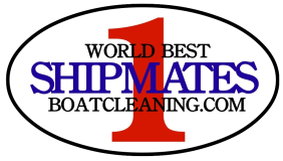
|
|
